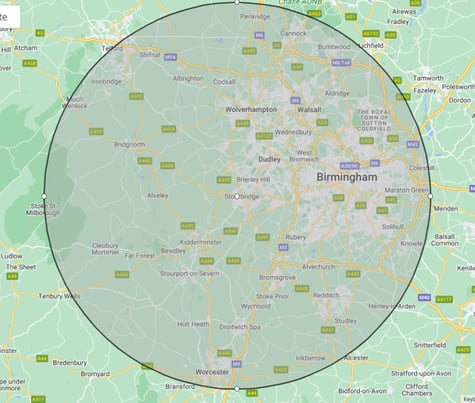

Physiotherapy for Dogs and Small Animals
Physiotherapy Indications
Osteoarthritis
Dysplasia (e.g. hip or elbow)
Ligament or tendon injury (e.g. Cranial Cruciate Ligament (CCL), biceps tendon)
Post surgery (e.g. CCL repair, spinal decompression, patella stabilisation, arthroscopy, joint replacement)
Post trauma (e.g. fractures)
Spinal conditions (e.g. Intervertebral disc disease (IVVD), spondylitis)
Neurological conditions (e.g. fibrocartilaginous embolism, degenerative myelopathy, chiari malformation, cervical spondylomyelopathy
Vestibular conditions
Fitness and conditioning for sporting or working dogs
Lameness or reduced mobility/performance
Pain management
What Does Physiotherapy Involve?
Subjective assessment
This involves gathering information through a series of questions about your dog's condition, lifestyle and problems.
Objective assessment
This is a physical assessment consisting of: observation; gait assessment; palpation of joints and muscle tissue; measuring range of movement; and functional strength.
Goal setting
To establish aims of rehabilitation for each individual dog and owner.
Treatment
Treatment may include a combination of techniques such as: manual therapy; soft tissue or muscle massage; electrotherapy modalities (TENS/NMES); exercise prescription; education; home ergonomic advice.






Prices
New patient assessment (60 mins): £65
Follow up session (60 mins): £60
Travel charges are included within the price, within our 20 mile territory covered (see map). There may be additional travel charges if you are outside the territory.



